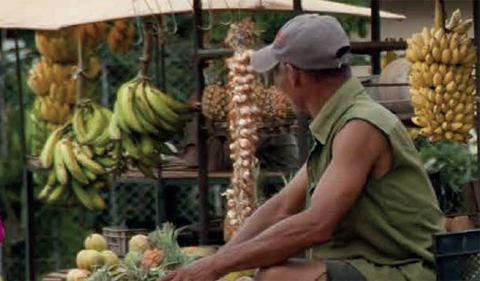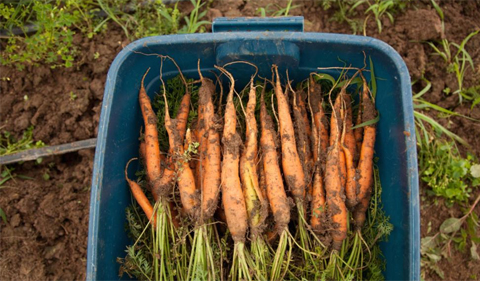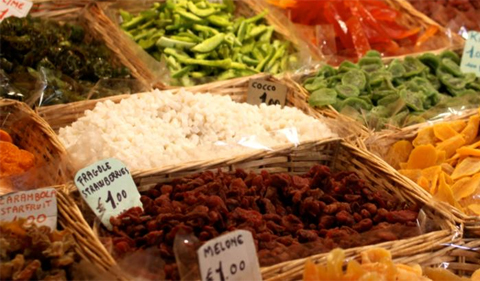The Food Studies theme announces three study away experiential learning opportunities for Ohio University students in 2016-2017—exploring food in Cuba, Athens and Sicily.
To find out more about these programs, attend the Global Opportunities Study Away Fair on Sept. 12, from 11 a.m. to 4 p.m. in the Baker Ballroom.
Food in Cuba: Policy and Practice–Spring Break
Program dates: March 4- March 12, 2017
The Food in Cuba Spring Break Study Abroad will hold two information sessions: Thursday Sept. 15, at 6:30 p.m. and Wednesday, Oct. 5, at 6:30 p.m. in Baker 233. The program application deadline is Oct. 9. Contact Dr. Art Trese, trese@ohio.edu or Dr. Theresa Moran morant@ohio.edu for more details.
The Food in Cuba: Policy and Practice program examines issues of food access, food security and food sovereignty in the urban context and in this Havana program, the socio-political and cultural framework and policies that enabled Cuba to develop its urban farming system are examined. The program also examines claims that Cuba’s urban agricultural production is small-scale, diversified and largely organic as a result global politics and well as national policies.
Food Justice in Athens, OH–Spring Break
The week-long Food Justice in Athens, OH course introduces students to the “literature of social reflection” by scrutinizing the issue of food justice in Athens. Through field trips and service learning activities, students get involved hands-on with food justice concepts and theories by experiencing as much as possible the reality of hunger around us and engage with the challenges of providing food for those in need.
Food in Sicily–Summer program
The Food in Sicily program explores the cultural and historic food ways of Sicily, the Mediterranean’s largest island. Students travel Sicily’s Eastern “Greek” and Western “Roman” coasts to see and taste this unique island’s rich history of food traditions. They also explore Sicily’s growing sustainable food movement and visit the vibrant cities of Palermo and Catania. Along with sampling gelato and cannoli, there is time for the beach and for the baroque masterpieces of Ragusa and Noto, UNESCO World Heritage sites. And students see how Sicilian communities are reclaiming agricultural lands, once under the Mafia’s stronghold, to strengthen cultural identity and promote economic development in areas long accustomed to poverty.





















Comments